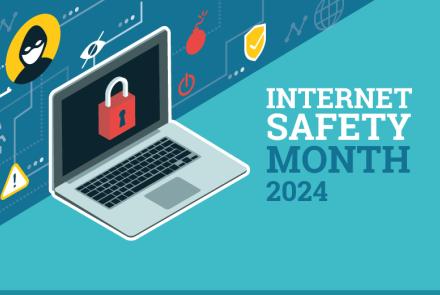New Education and Training Standards for Pharmacy Technicians
Following a recent consultation, the General Pharmaceutical Council (GPhC) has introduced new education and training standards for pharmacy technicians. The new standards are designed to allow pharmacy technicians to “demonstrate their professionalism and deliver person-centred care from day one of practice”, and align their standards with those of the wider pharmacy team. The key emphasis is on patient-centred professionalism, communication and team working, and will empower pharmacy technicians to provide enhanced support to pharmacists and patients.
A particularly interesting development is that accuracy checking will be incorporated into pre-registration pharmacy technician training, to give pharmacy technicians a full understanding of the process of checking. It will be up to the employer as to the role the qualified pharmacy technician will have, regarding the final accuracy check. However, it seems a sensible step to ensure that all qualified pharmacy technicians understand the reasons for errors and the traps that can be put into place to minimise their risks.
Training providers are being instructed to use the new course standards throughout 2018, with the goal of having new programmes in place by 2019. Buttercups will of course be working towards incorporating the changes into their existing programmes as soon as possible. In the interim, the existing course programme allows learners to register as pharmacy technicians.
Along with the new standards, there will be two key changes in the criteria for registration as a pharmacy technician:
- Along with pharmacists, pharmacy technicians will be able to sign off the experience for registration as a pharmacy technician, giving existing pharmacy technicians a greater remit in the training of new registrants, freeing up time for pharmacists.
- Pharmacists registered in the UK, however, will no longer automatically be able to register as pharmacy technicians.
Click here for more information from the GPhC.







